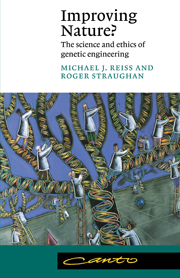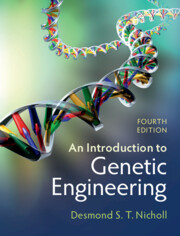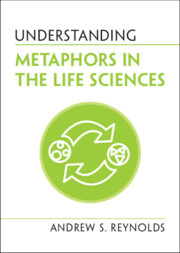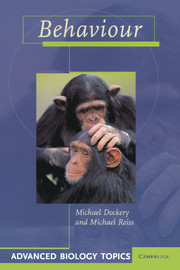Improving Nature?
Little more than a decade ago the term 'genetic engineering' was hardly known outside research laboratories. By now, though, its use is widespread. Those in favour of genetic engineering - and those against it - tell us that it has the potential to change our lives perhaps more than any other scientific or technological advance. But what are the likely consequences of genetic engineering? Is it ethically acceptable? Should we be trying to improve on nature? The authors, a biologist and a moral philosopher, examine the implications of genetic engineering in every aspect of our lives. The underlying science is explained in a way easily understood by a general reader, and the moral and ethical considerations that arise are fully discussed. Throughout, the authors clarify the issues involved so that readers can make up their own minds about these controversial issues.
- Issues covered are controversial and widely debated: GM food; cloning; xenotransplantation; designer babies
Reviews & endorsements
'Some of the most compelling literature on this topic I have ever read ... quite inspirational ... essential reading … above all it is a very good read.' Trends in Biology
'Succeeds in presenting a framework for the ethical analysis of genetic engineering for both scientific and non-scientific readers. It is a welcome addition to the literature of the 'new biotechnology'.' BioScience
'Reiss and Straughan do a fine job … excellent treatment of the subject.' Science and Engineering Ethics
'Those looking for a simple well written guide through this difficult jungle need look no further.' John Habgood, Crucible
'Invaluable ... buy the book!' Bio-Science Law Review
Product details
July 2001Paperback
9780521008471
302 pages
217 × 139 × 21 mm
0.413kg
Available
Table of Contents
- 1. Introduction
- Part I. 2. The practicalities of genetic engineering
- 3. Moral and ethical concerns
- 4. Theological concerns
- Part II. Overview:
- 5. The genetic engineering of microorganisms
- 6. The genetic engineering of plants
- 7. The genetic engineering of animals
- 8. The genetic engineering of humans
- Part III. 9. Public understanding of genetic engineering: what can education do?














